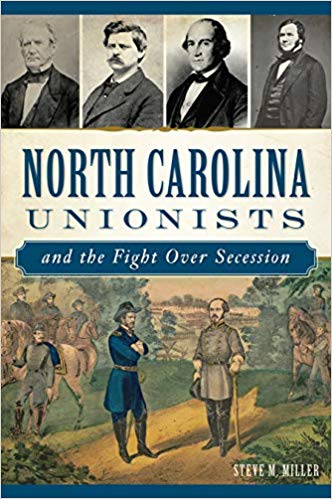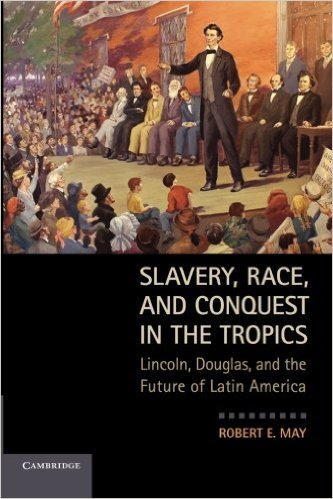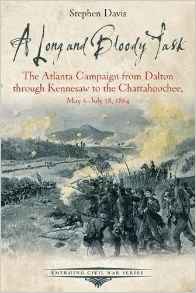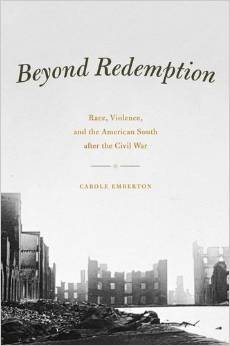According to author Steve M. Miller, popular perceptions hold that the southern states embraced secession at any cost. Miller claims that this view does a disservice to active and dedicated Unionists living within soon-to-be Confederate states. His stated purpose in North Carolina Unionists and the Fight Over Secession is to preserve the stories and efforts of avowed Unionists leading up to North Carolina’s secession convention in May 1861—and to uncover their motivations. Miller draws from a broad range of secondary sources to achieve his aims, and the resulting work illuminates some of these figures and reveals a new perspective on pro-Union southerners.
North Carolina Unionists provides an overview of North Carolina’s attitude on the questions of slavery and disunion from the Declaration of Independence to the state’s secession convention. The author recounts such well-known antebellum events as the Northwest Ordinance, the Missouri Compromise, the Nullification Crisis, and the Compromise of 1850, considering how these influenced North Carolina and its pro-Unionists in the years prior to the Civil War.
The first few chapters focus on how national issues such as the tariff, slavery, and the rights of the states shaped North Carolinian politics through the 1850s. Although “slavery, in reality, was also part of the state rights dispute,” the feelings and consternations revolving around the slave question in particular pressed upon the minds of the people of North Carolina during this period (29). Miller points out that the most avid advocates of the Union in North Carolina tended to be slaveholders as well, since slaveholders regarded the Constitution as the greatest guarantor of the rights of slaveholding states and individuals. Although many other states experienced a great deal of unrest during the first half of the nineteenth century with regards to the slavery question, North Carolina remained firmly in the pro-slavery, pro-Union camp.
Miller dedicates the last few chapters to several North Carolinian Unionists who played key roles or represented popular viewpoints from the period of 1854 to 1861. These figures include state legislators, governors, and businessmen with varying degrees of pro-Union and pro-slavery sensibilities. Whether the figures in question believed that secession was unconstitutional—or that remaining with the Union was the best way to ensure that the institution of slavery endured—the Unionist opinion prevailed until after Fort Sumter. Miller argues that the catalyst for disunion, even among some formerly-ardent Unionists, was President Lincoln’s call for volunteers in 1861. Many moderate southerners, even those who were decidedly pro-Union to the end, tended to support their state once it had voted for secession. The case studies Miller provides from North Carolina were no exception.
North Carolina Unionists draws sensible conclusions from the evidence it uses and Miller’s writing style is very accessible. Readers looking for a basic overview of the principal events that lead up to the Civil War, particularly from North Carolina’s perspective, will find Miller’s book useful and instructive. Readers will find some excellent examples of pro-slavery Unionists being forced to decide between the Union and slavery. These North Carolinians chose the Union until they feared they had no options remaining. Only in a world without moderate positions did they embrace disunion.
Stephen Edwards is a doctoral candidate in the Department of History at Texas Christian University.





